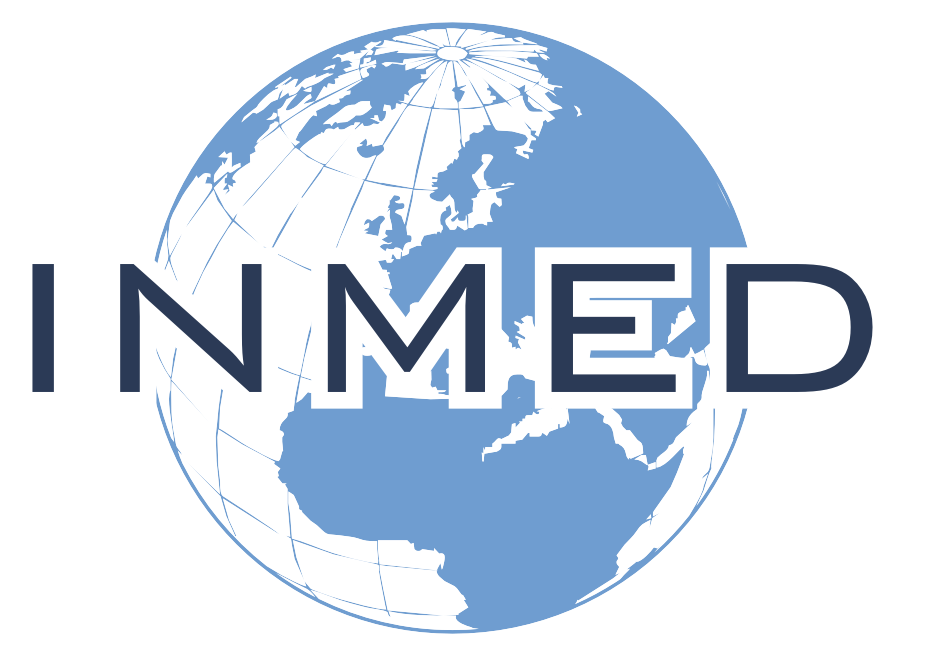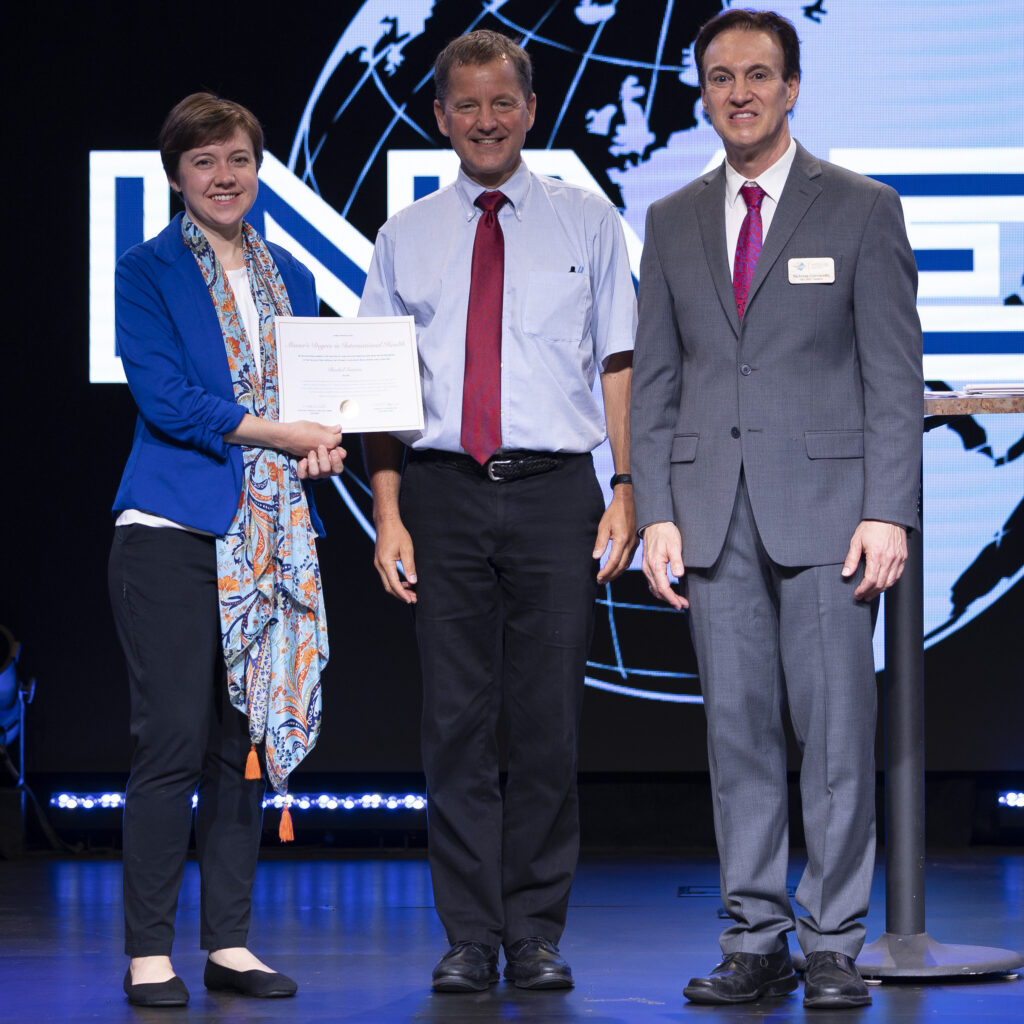Course Information
Today’s world has more international refugees seeking relief and asylum than at any time since the end of WWII. Eighty-six percent of refugees are hosted in developing countries, severely straining existing social infrastructures. This course will introduce the principles of international refugee care, including the four recognized phases: pre-emergency/mitigation phase, emergency phase, post-emergency/maintenance phase, and the resolution/repatriation phase. Throughout these phases, refugee care leaders must attend to complex issues over security, dependency, mental health, location of settlements, and host-refugee relationships. This is a comprehensive course built around the required textbook “The New Odyssey: The Story of the Twenty-First Century Refugee Crisis Hardcover,” by Patrick Kingsley (Liveright Publishing Corp, 2017).
At the completion of the International Refugee Care Course, learners will be able to demonstrate using case-studies and simulation:
- Describe the scope of the worldwide refugee crisis
- Identify the basic issues involved in meeting the needs of refugees
- Design comprehensive refugee care interventions for specific populations
- Explain crisis resolution alternatives
Building upon the lessons below, learners will also critique assigned articles, participate in discussion boards, compose a comprehensive essay on the subject “How shall my nation respond to international refugees?” and participate in a comprehensive International refugee care simulation.
WEEK 1: GLOBAL REFUGEE CRISIS: REGIONAL DESTABILIZATION & HUMANITARIAN PROTECTION
- Tensions exist between the interests of host state security and refugee security.
- Today’s global refugee crisis is exacerbated by national and international weaknesses.
WEEK 2: THE END OF THE 1951 REFUGEE CONVENTION: DILEMMAS OF SOVEREIGNTY, TERRITORIALITY, AND HUMAN RIGHTS
- Important elements of the United Nations 1951 Refugee Convention.
- Powerful factors that today threaten application of the 1951 Refugee Convention.
WEEK 3: THE SYRIAN REFUGEE CRISIS AND FOREIGN POLICY DECISION-MAKING IN JORDAN, LEBANON, AND TURKEY, AND THE REFUGEE CRISIS IN EUROPE: SHORTENING DISTANCES, CONTAINMENT AND ASYMMETRY OF RIGHTS
- Nations taking advantage of refugee crises to extract national gain.
- More just approach to managing refugee crisis without prioritizing national gain.
- Key factor provoking the 2015 European refugee crisis.
- Impact of closing national borders upon refugee migration.
WEEK 4: APPROACHES TO THE DESIGN OF REFUGEE CAMPS
- Major factors to be considered in the design of a refugee settlement.
- Advantages and disadvantages of urban versus rural refugee encampments.
WEEK 5: MIGRANT AND REFUGEE POPULATIONS: A PUBLIC HEALTH AND POLICY PERSPECTIVE ON A CONTINUING GLOBAL CRISIS, AND THE HEALTH IMPACTS OF THE REFUGEE CRISIS
- Major health conditions to which refugees are especially likely to suffer.
- Interventions that refugee managers often must take to assure refugee health.
- Major health conditions suffered by refugee women and children.
- Factors in the setting of a refugee settlement that make healthcare unique.
- WEEK 6: REFUGEE MENTAL HEALTH AND CHILD HEALTH
- Acute, short-term mental health interventions are most appropriate for refugees.
- Ways by which refugee children’s basic human rights are most often violated.
WEEK 7: PRIMARY CARE FOR REFUGEES: CHALLENGES AND OPPORTUNITIES AND RESOLUTION & REPATRIATION
- Special healthcare services frequently required by newly resettled refugees.
- Ways that healthcare providers can incorporate refugee care into their practice.
- Principles most important in guiding refugee repatriation.
- Potential alternatives when repatriation is not possible.
WEEK 8: FINAL EXAM
- Final Exam and Essay Presentations
The following are the minimum computing requirements for participating in this course. Students must have ready access to and be functionally proficient with:
- A personal computer with an up-to-date operating system and ample memory for downloads
- A web browser, preferably the most up-to-date version of Chrome, Internet Explorer, Firefox, or Safari
- Applications capable of opening Microsoft Word documents and of viewing PDFs
- An Internet connection, preferably high speed
- Capability of viewing YouTube and Vimeo videos
Education Methods
Learners will achieve the course competency objectives through the following educational methods:
- Assigned book and article readings
- Critical analysis
- Group discussions
- Essay Composition
- Simulation exercises
Evaluation Methods & Requirements For Successful Completion
Assessment of the learner’s performance will be based upon:
- Demonstration of the competency objectives using case-studies and simulation
- Completion of all Chapter Discussion Board assignments
- Completion of all Article Discussion Board assignments
- Achievement of ≥ 80% on the Emergency Pandemic Control Essay
- Achievement of ≥ 80% on the Emergency Pandemic Control Exam
- Complete evaluation and credit claims forms at the course conclusion
Continuing Medical Education (CME) credit for the INMED International Refugee Care Course is attained through satisfactory completion of the course requirements. Note: CME is not applicable to students or resident physicians.
Cost
There is no additional charge for Continuing Medical Education (CME) credit.
Accreditation Statement
Physicians
Institute for International Medicine is accredited by the Kentucky Medical Association to provide continuing medical education for physicians.
The Institute for International Medicine designates this other activity (live course and enduring material) for a maximum of 32 AMA PRA Category 1 Credit(s)™. Physicians should claim only the credit commensurate with the extent of their participation in the activity.
Accreditation Launch Date: February 1, 2024
Accreditation Termination Date: February 1, 2027
Other Healthcare Professionals
A certificate of completion indicating the number of AMA PRA Category 1 Credit(s)™ will be issued for completing this course. Certificates may be submitted to applicable state boards for recognition.
Disclosures
No persons in control of the content of this course have relevant financial relationships with ineligible companies.
| Nicholas Comninellis MD MPH DIMPH | No relevant financial relationships with ineligible companies to disclose |
| Fred Loper MD | No relevant financial relationships with ineligible companies to disclose |
| Timothy Myrick MD DTMH | No relevant financial relationships with ineligible companies to disclose |
| Leda Rivera | No relevant financial relationships with ineligible companies to disclose |
Tuition for the International Refugee Care Course is $885 for both Master’s degree and non-Master’s degree credit. No additional charge is added for Continuing Medical Education (CME) credit.
The cost of this course offered outside of the United States, including China, may be different to account for local taxes and local regulation compliance.
For more information, please view our Cost page.
Nicholas Comninellis MD, MPH, DIMPH



